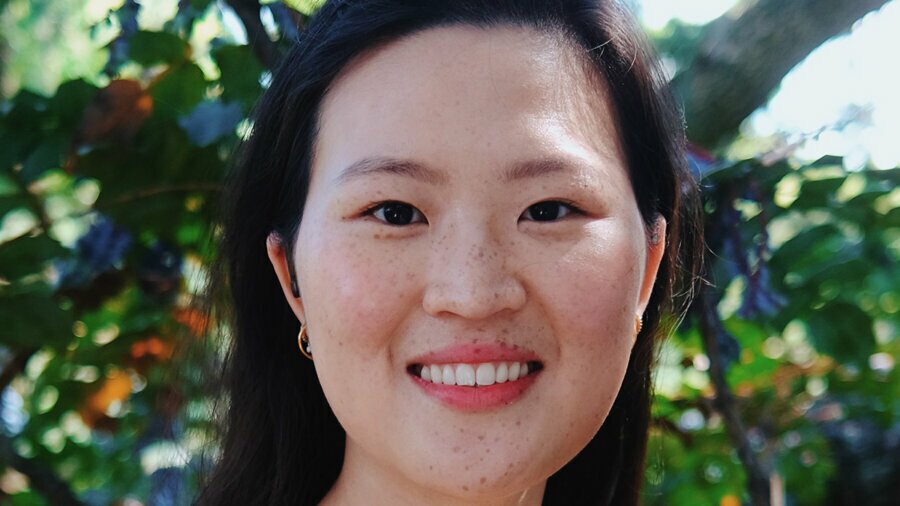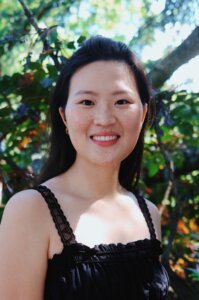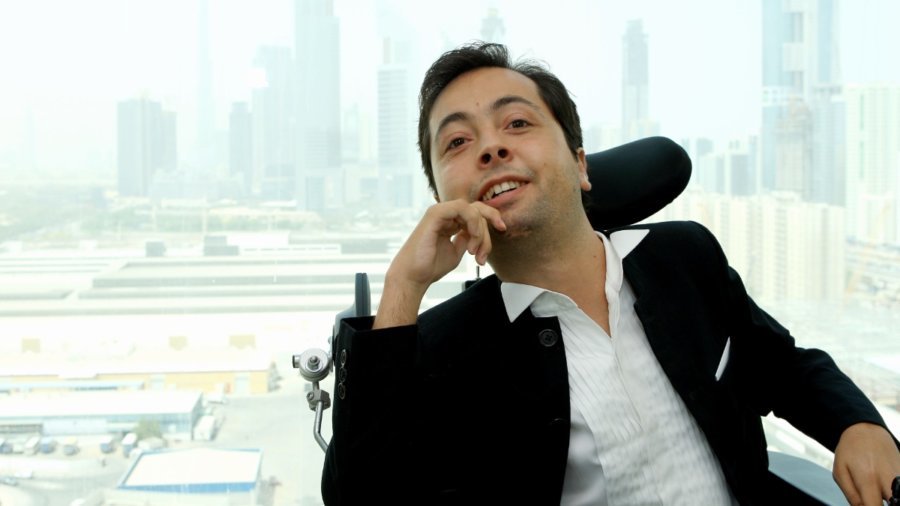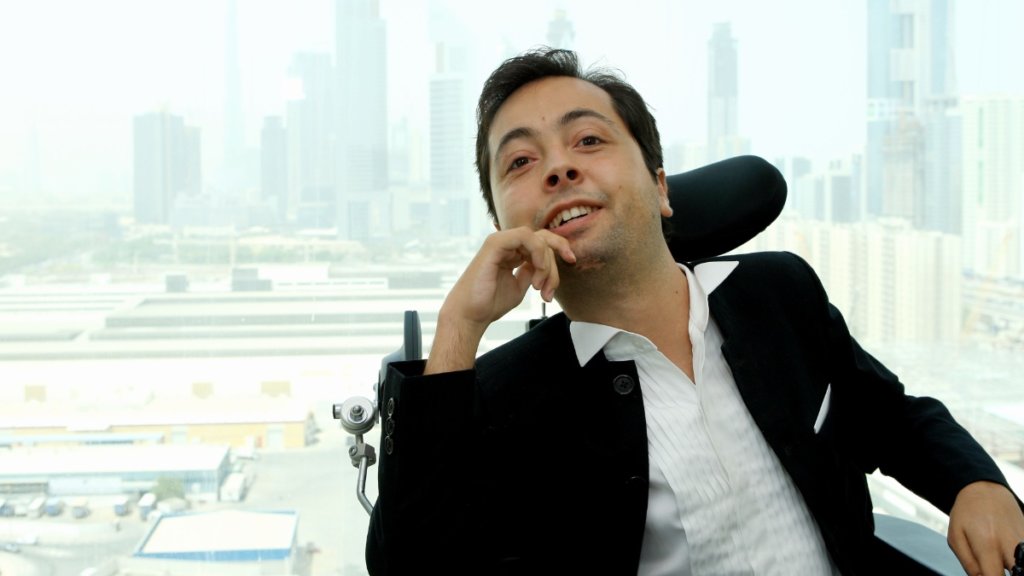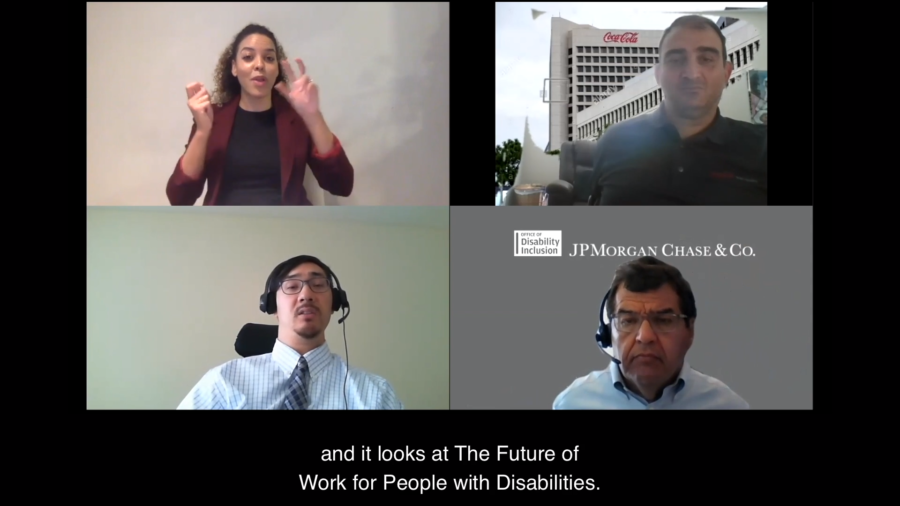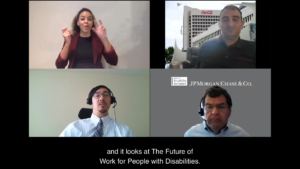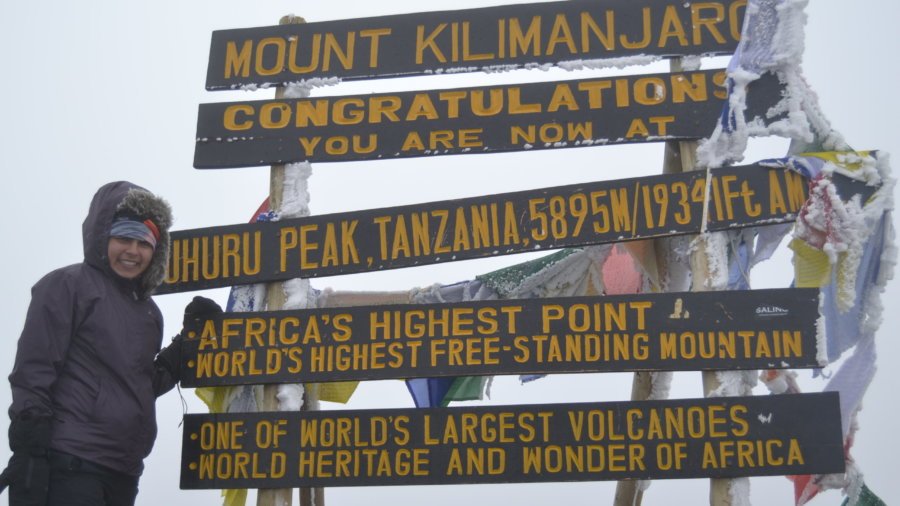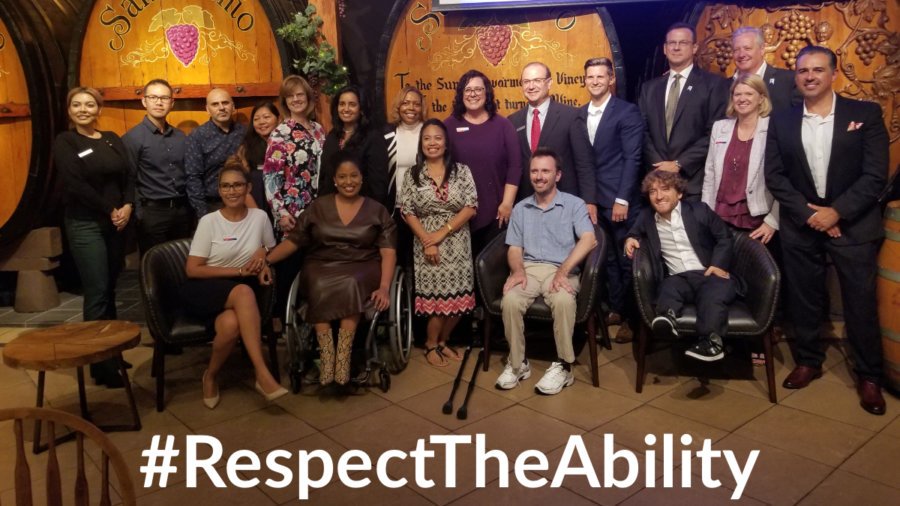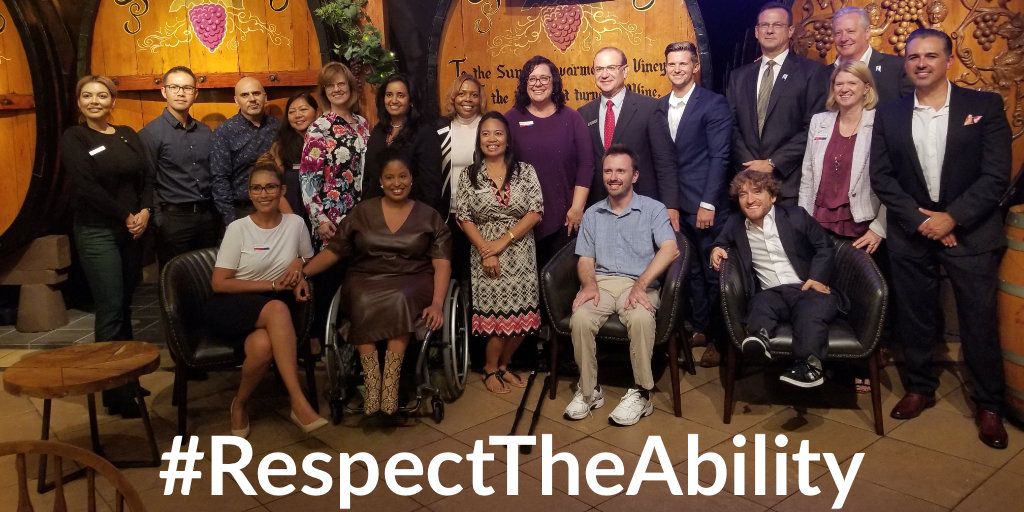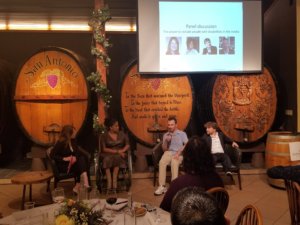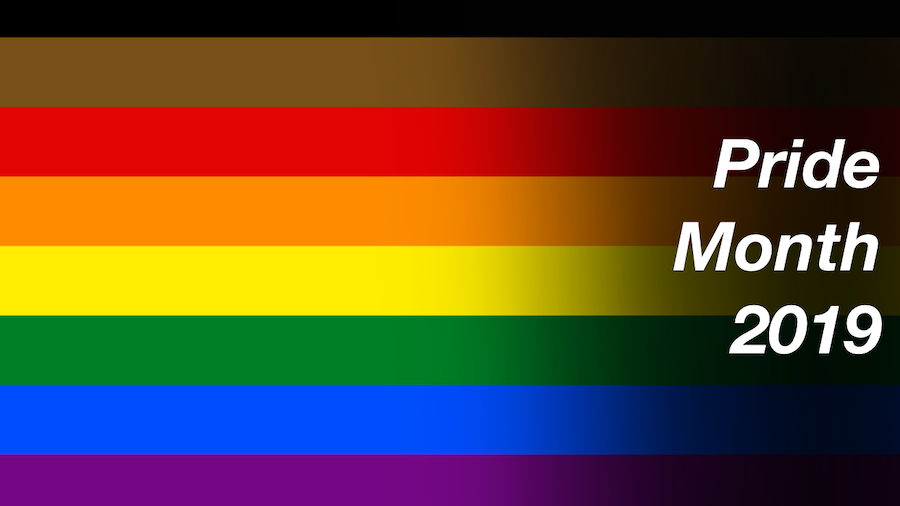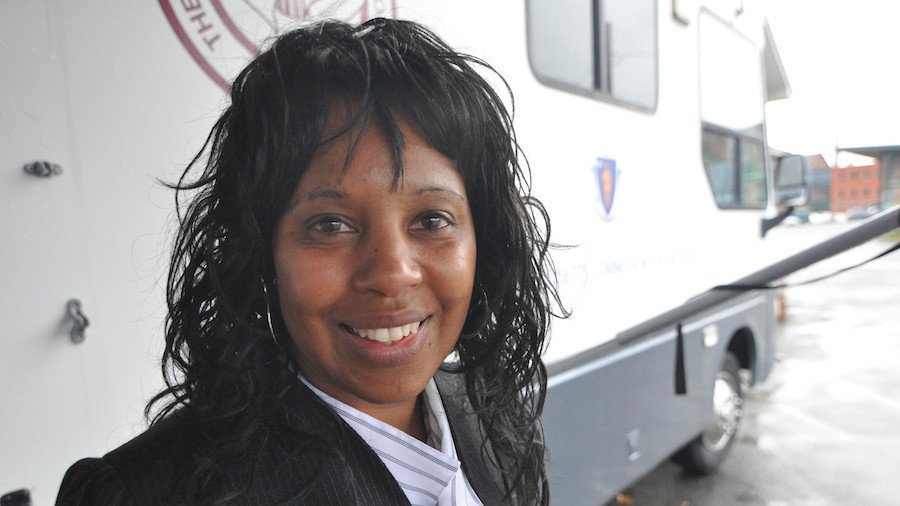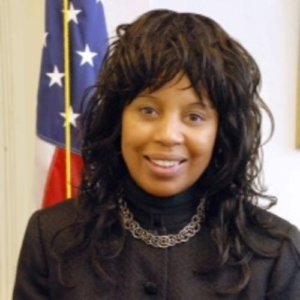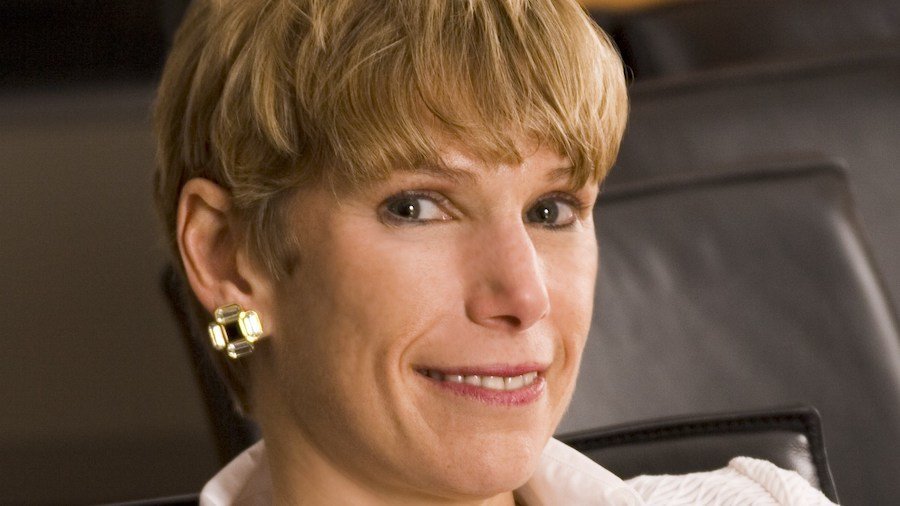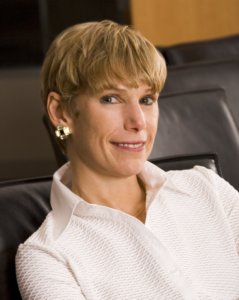If you knew your baby had a disability, would you still keep it?
Two students from my church fellowship debated this question, as I sat quietly between them. My body tensed up, preparing for their answers.
No… I don’t think I would. I would want my child to be healthy and happy.
Well, if God made all of us in His image… shouldn’t we keep the baby?
They turned towards me with sheepish smiles, as if they just remembered I was one of those babies. My eyes widened, and I hastily raised my hands.
No, no, don’t worry! I won’t get offended, please don’t let me stop you from talking about this. I understand where you’re both coming from.
Part of that was a lie.
I was offended, but too numb to register the emotion because I heard variations of this conversation growing up. The responses were similar. No, we want them to be healthy. With genetic engineering, we could remove the defective gene! No, I don’t want my child to have so much suffering in her life. Well, I don’t know… What do you think? I leaned towards “no,” too, until I learned about ableism years later.
I was born deaf to hearing immigrant parents and received bilateral cochlear implants, my first one at thirteen months old, my second at ten years old. As a triple minority, one of the biggest challenges is figuring out how to show up as you are in different spaces. No matter where I go, I’m a woman in a man’s world. I’d feel excluded not only from the AAPI community because of my disability, but also from the disability community because I’m a person of color, which affected my mental health. Over time, the lights in my mind dimmed. Once dark, beasts of all kinds emerged.


